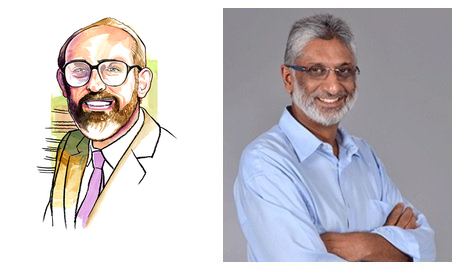A recent paper in the South African Journal of Psychology presents a condensed portrait of the work of community and liberation psychologist Mohamed Seedat. Co-authors Nick Malherbe and Hugo Canham engage with Seedat’s academic archival material and recommend this research method for gaining insight into the relationship between psychology and politics.
Seedat is a community and liberation psychologist whose work spans many topics, including analysis of public protests, peace efforts, and racism. Seedat ran the University of South Africa’s Violence, Injury, and Peace Research Unit for nineteen years, from 2001-2019. According to the authors, he may have published the first South African community psychology research article in 1988.
“Working in El Salvador in the 1970s and 1980s, Ignacio Martín-Baró, a Jesuit priest and social psychologist, began to develop what he called liberation psychology.
Liberation psychology stands in stark contrast to mainstream iterations of psychology that have been forged through the colonial episteme and which are regularly drawn upon to manage, adapt, and/or pathologize those suffering under racial and patriarchal capitalism,” write the authors.















